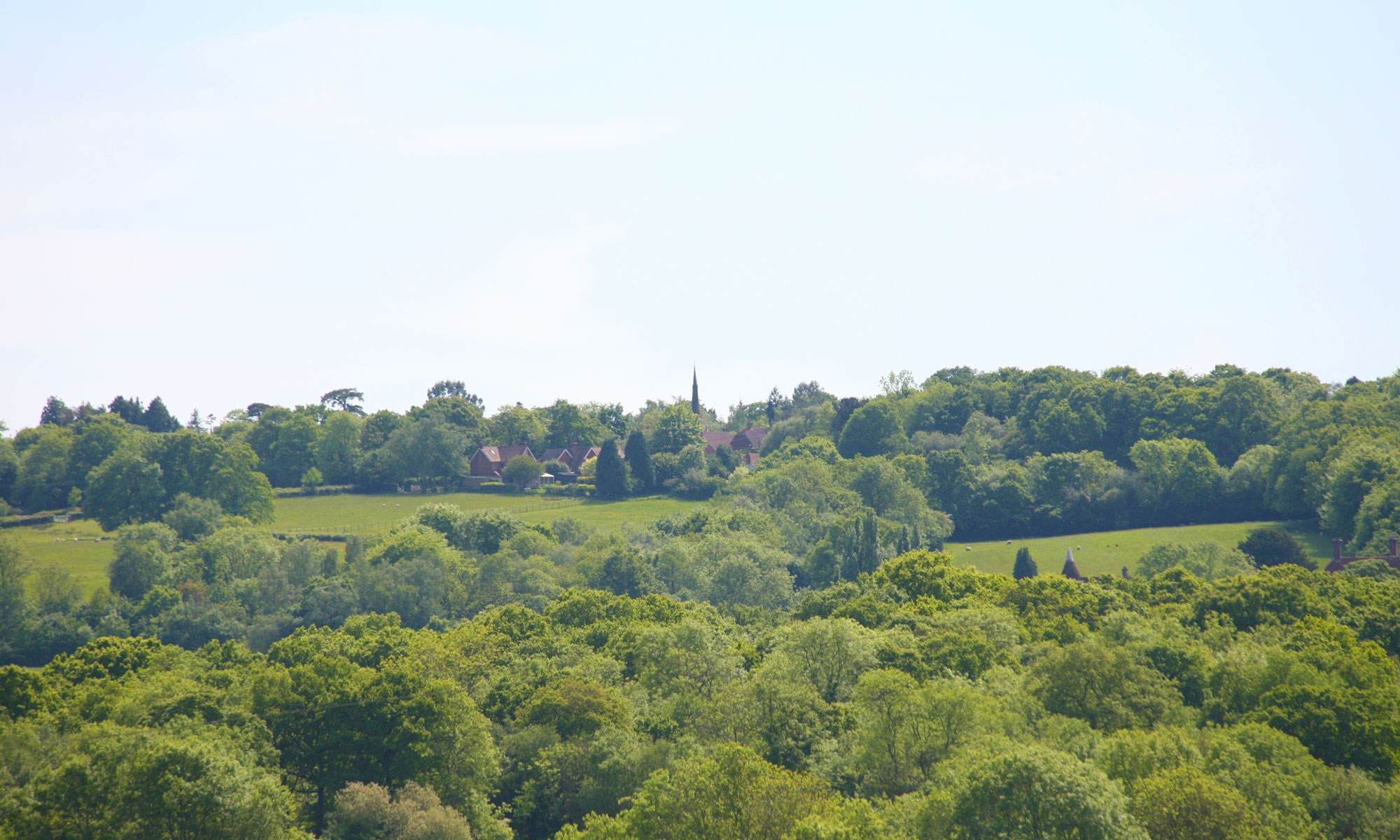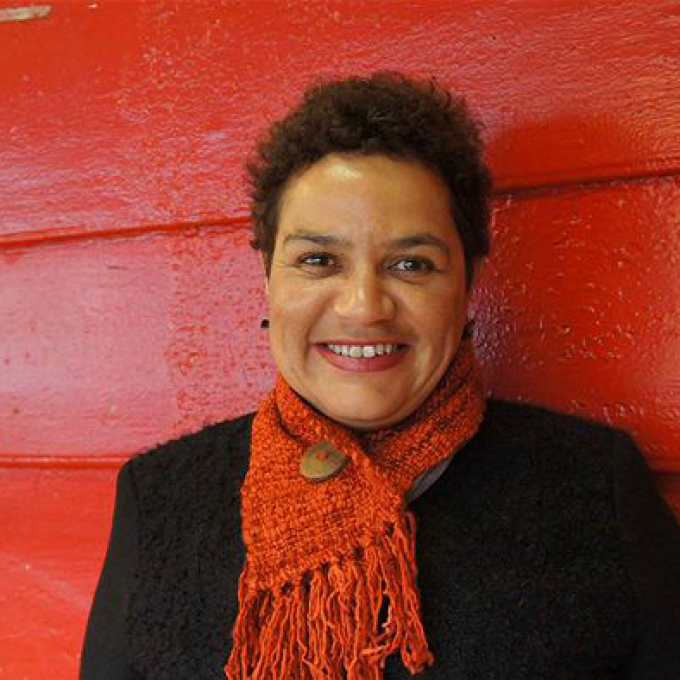It is rare that everyone really loves a chosen book, but this month we were unanimous in our enjoyment of the Scottish Poet Laureate, Jackie Kaye’s memoir Red Dust Road (2010). Jackie’s birth father was Nigerian, and her mother came from the Highlands of Scotland, but she was the adoptive daughter of Helen and John Kaye, leading figures of the Scottish Communist Party. They gave her a warm loving upbringing but when Jackie herself became pregnant the found the need to find her birth parents became overwhelming.
She soon found her father on Google as an international expert on trees and the book opens with a hilarious account of her first meeting with him in a hotel room in Lagos. Dressed in flowing white, her Pentecostal father pranced around the room, for over two hours, chanting and exhorting her to become a Born-Again Christian. When she resisted, he had no more to do with her, the mark of his sin.
She finally tracked down her mother, a Mormon, now married to an African. Although they met at long intervals her mother never publicly owned her and gradually deteriorated into dementia.
Jackie had spent much of her youth fantasising about her parents and creating a sad but romantic past for them. When she learns the truth, she tries to build up a background of how they lived and where they met, a quest that eventually takes her back to Nigeria and her father’s village, and then to her mother’s childhood Highland home, and eventually brings her happiness – but no spoilers here.
As a poet, Jackie knows how to use language to full effect and the scenes are vividly described, notably the account of her long and dangerous drive across red dust roads from Lagos to her father’s village. The memoir skilfully interweaves several narratives as it addresses the question ‘what makes us who we are?’ The imaginary lives of her birth parents, her upbringing with Helen and John, what actually happened and the story of her quest. Jackie moves back and forth in time, using different typefaces for different stories and time shifts are always clearly signposted.
Jackie herself comes across as a warm and tolerant person, without bitterness despite the extreme racism she was subjected to growing up in the ‘60s and ‘70s. The account of her childhood shines with memories of her upbringing – family holidays in spartan cottages, singsongs on car journeys and get-togethers with other Communists, who formed a warm social network of acceptance and love. In contrast there is the picture of her sad mother who had to give away her baby and who alienated herself from her family.
This was an enjoyable read and opened up a lot of discussion about being adopted, losing a child and growing up mixed race in a racist society. It has been described as witty, humane and poignant and we warmly recommend it.
Next book: Educated by Tara Westover and/or Days of rain by Rebecca Stott
Heather Mines


